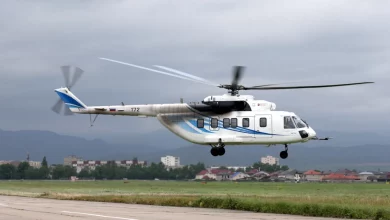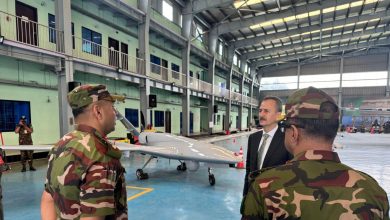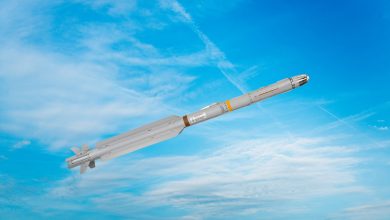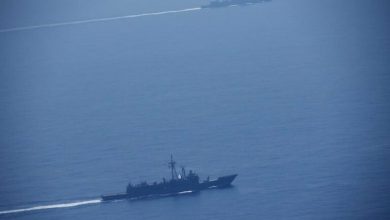If Russia collapses, we will all die: Belarusian president
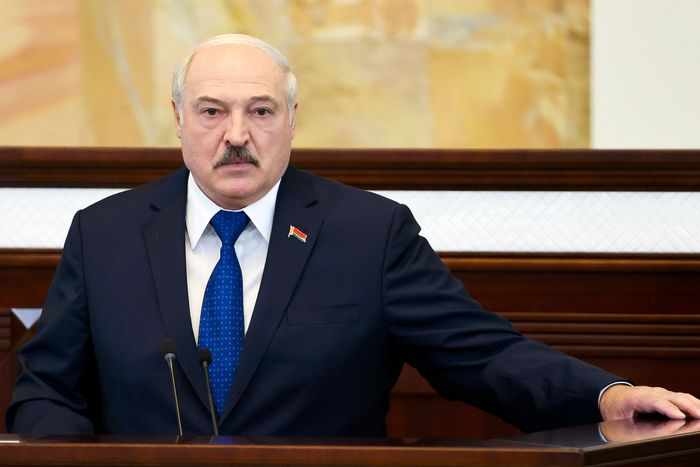
Watching Wagner fighters marching on to Moscow was ‘painful’ because we share one ‘fatherland,’ says Lukashenko
If Russia collapses, “we will all die,” Belarusian President Alexander Lukashenko said on Tuesday in the backdrop of the Wagner paramilitary group’s “armed rebellion” against the Kremlin over the weekend.
“If Russia collapses, we will remain under the rubble, we will all die,” Lukashenko said during a ceremony in the capital Minsk, where he presented shoulder straps to senior officers, according to state news agency Belta.
He said watching the “armed rebellion” in Russia on Saturday was “painful.”
“I must say it was painful for me to watch the recent developments in the south of Russia. Many of our citizens took them to heart as well. This is because we share one Fatherland,” Lukashenko said.
He further said that he ordered the Belarusian army to stay on full alert during the events in Russia.
Concerning the deal brokered by Lukashenko which ended the conflict, the Belarusian president said to not make a “hero” out of him.
“In any case, do not make a hero out of me, neither of me nor of (Russian President Vladimir) Putin nor of (Wagner chief Yevgeny) Prigozhin, because we let the situation slip from our hands, and then we thought that it would resolve itself, but it did not,” Lukashenko said.
He also claimed that the Belarusian opposition also “started fussing” amid the events in Russia, but that they made a “false start.”
“They are trying hard to show at least some results of their work to their bosses. They have even issued their calls and published plans demonstrating readiness to implement their scenario of an armed mutiny,” he said.
On June 24, the Wagner Group accused the Russian Defense Ministry of attacking its fighters, after which Prigozhin declared “A March of Justice” and crossed the Ukrainian border into the Russian city of Rostov-on-Don, intending to march toward Moscow.
The Federal Security Service in Russia qualified Wagner’s actions as “an armed rebellion” and opened a criminal case against Prigozhin, while Putin called Wagner’s uprising an act of “treason.”
Later that day, Prigozhin and his fighters decided to turn back “to avoid bloodshed” when they were 200 kilometers (124 miles) from Moscow.
Lukashenko said he contributed to the settlement by holding talks with the Wagner’s head, which led to Prigozhin’s decision to accept a de-escalation deal.


